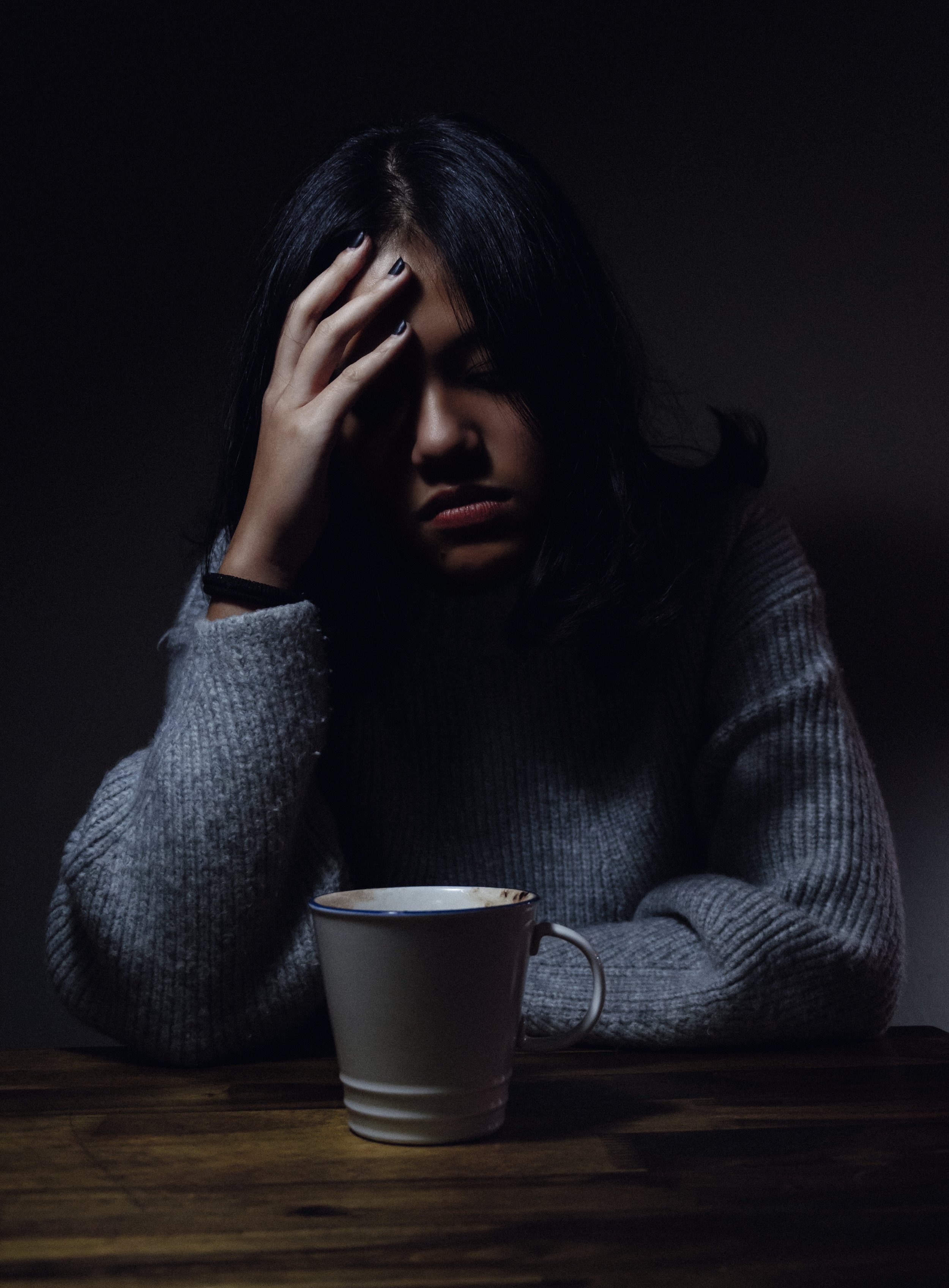by Tatjana Gretschmann
Appointments are available with Tatjana at the Honor Oak Wellness Rooms on Friday mornings or by arrangement only.
What is a Migraine?
Migraine is a neural condition which is characterised by recurring headaches which usually last between 4 to 72 hours where the pain ranges from a moderate to a severe intensity. A migraine attack may be accompanied by nausea, noise sensitivity, and photophobia, sometimes preceded by sensory disturbances (aura). Triggers of migraine episodes vary widely and may include routine physical activity, allergic reactions, diet, alcohol, and bright lights. Migraines can have a serious effect on a person’s quality of life, affecting productivity and draining happiness and well-being. Research shows that more than 70% of migraine sufferers experience impairment in interpersonal and work relationships, and that anxiety and depression are significantly more common in people with migraine than in healthy individuals.
Who Suffers from Migraines?
Migraines are very common. According to the Migraine Trust, migraine is the third most common disease in the world, affecting about one in seven people. More than three quarters of sufferers experience at least one attack each month, and more than half experience severe impairment during attacks. It often starts at puberty and most affects those aged between 35 and 45 years, but it can trouble much younger people including children.
Are Migraines Hormonal?
Chronic migraine affects three-times as many women as men, this higher rate being most likely hormonally-driven. It has long been recognised that some women are more sensitive to hormonal fluctuations within the menstrual cycle and around 50% of women find that their migraine attacks are linked to their periods. The perimenopause can also be a difficult time for women who suffer with migraines as the irregularity of periods makes is it more difficult to predict. Some women will experience more frequent and severe attacks than before the perimenopause while others will find that their attacks continue to follow a cyclical pattern years after their last period and the onset of menopause. Menopausal issues, such as hot flushes and night sweats, result in disturbed sleep, add to stress levels and therefore also increase the likelihood of an attack.
What is Acupuncture?
Acupuncture is a therapy in which thin sterile needles are inserted into the skin at particular points. It originated in China and is now used in many countries to treat people with a wide range of conditions, including migraine. It is considered a very safe treatment when practiced by a fully qualified traditional acupuncturist.
How Can Acupuncture Help with Migraines?
Many people with migraine can be treated when their attacks occur, but some need prophylactic interventions as their attacks are either too frequent or are insufficiently controlled. However the drugs that are used in an attempt to reduce the attack frequency, (such as betablockers, amitriptyline or sodium valproate) are associated with negative side effects.
Acupuncture can help in the treatment of migraine by:
Providing pain relief, by stimulating nerves located in muscles and other tissues, leading to a release of endorphins and other factors thus changing the processing of pain in the brain and spinal cord.
Reducing inflammation, by promoting release of vascular and immunomodulatory factors.
Reducing the degree of cortical spreading depression, an electrical wave in the brain associated with migraine.
Modulating extracranial and intracranial blood flow.
Affecting serotonin levels, in the brain. Serotonin may be linked both to the initiation of migraines and to the relief of acute attacks.
Increasing local microcirculation, thus aiding the dispersal of swelling.
Does It Work?
There is a large body of evidence to suggest that acupuncture is effective in the treatment of migraine. Research has found that adding acupuncture to symptomatic treatment of attacks reduces the frequency of headaches, with trials suggesting that acupuncture may be at least similarly effective as treatment with prophylactic drugs.
The National Institute for Care and Excellence (NICE) recommends that patients are offered a course of up to 10 sessions of acupuncture as a treatment to prevent migraine if neither topiramate nor propranolol, which are commonly used as migraine prophylaxis, work well.
Can I Book a Session?
Yes you can! Tatjana (author of this blog) offers Acupunture appointments at the Honor Oak Wellness Rooms on Friday mornings, or by arrangement. You can book online, or contact the clinic to make an appointment.
--------------
References
British Acupuncture Council (www.acupuncture.org.uk)
Migraine Trust (www.migrainetrust.org)
Cochrane (www.cochrane.org)
The National Institute for Care and Excellence (www.nice.org.uk)


